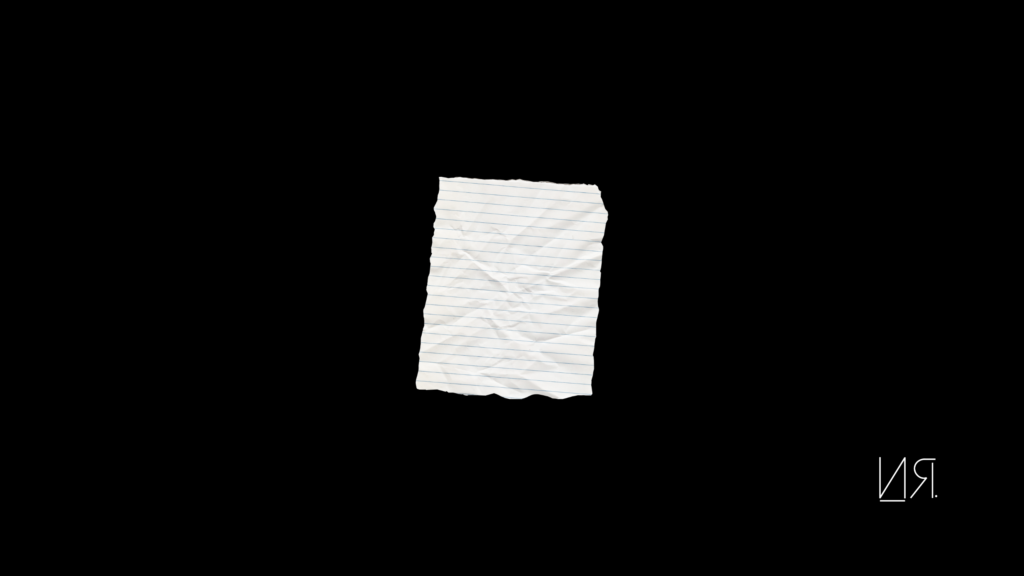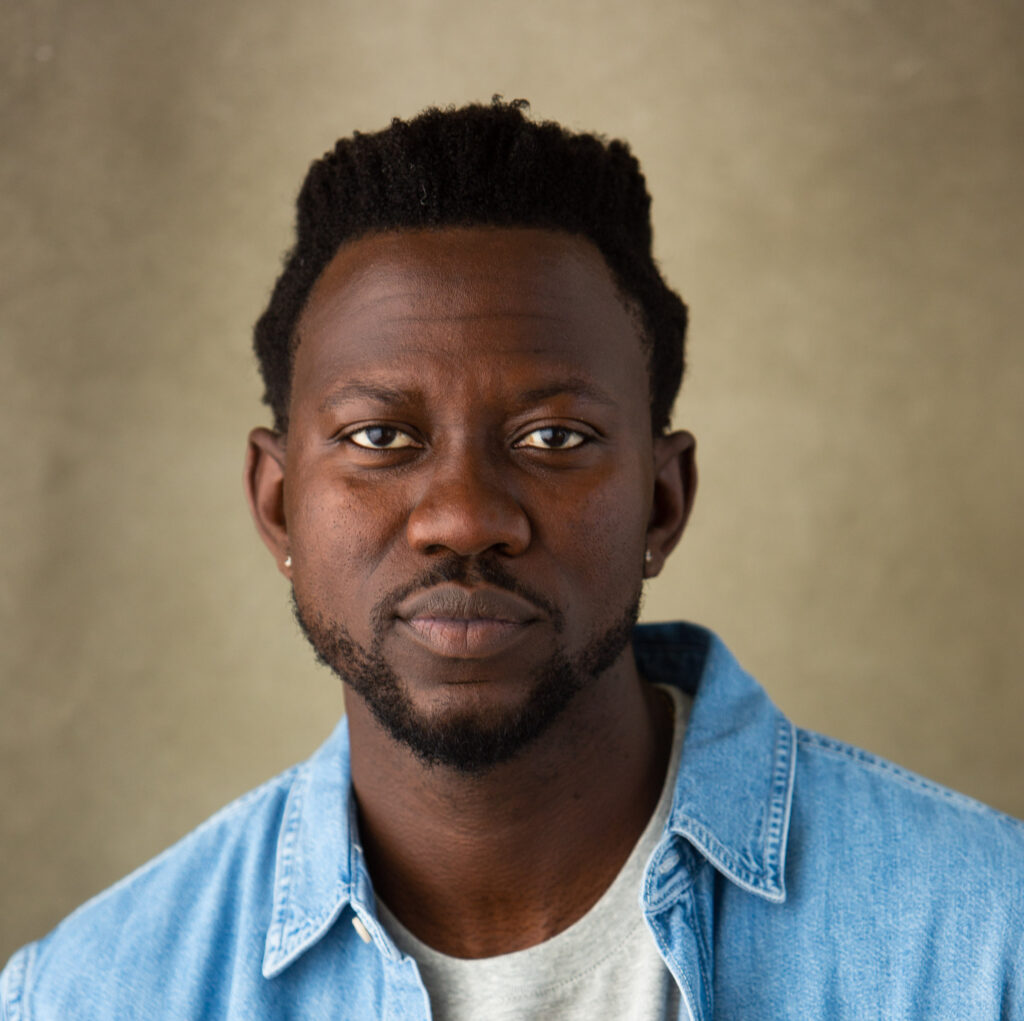There are 86 days left in the year.
That’s enough time to hit the goals you set for yourself.
You might think that’s not enough time.
Whaaat? That’s almost a whole lifetime.
Do you know that you are reborn every 100 days?
I know it’s Saturday. I’m not trying to indoctrinate you into any digital cult.
Don’t worry, there isn’t a donation basket going around before you get to the end of this letter.
I’m not trying to hit you with the spirit.
I’m talking about biology.
One million cells die in your body every second.
Blink! Pow!
Just like that, another million – gone, replaced by new cells.
About 330 billion cells are replaced daily. This is equivalent to 1% of the total number of cells in your body.
Every 100 days, you replenish a new you.
Did you know this about yourself? What “self?” The new one or the one from 100 days ago?
The Unknowing
Most of us are just going through the motions.
Wake up. Do some chores. Go to work. Attend meetings. Get paid. Pay bills. Go to bed. Do it all over again.
Before you know it, decades have flown by. We look at ourselves in the mirror, wondering where our youthful days have gone.
We get into so many different relationships: classmates, coworkers, spouses, dates, twitter and linkedin friends.
But we neglect the most important relationship. The one with ourselves.
Without clarity, we keep swirling in our uncertainty about who we are, what we want, and how to navigate the world around us.
This leaves a lot of us unhappy.
Ring. Ring!!!
Hold up, I hear the phone ringing. It must be the letter haters.
“Hello.”
“But Nifemi, Isn’t focusing on yourself conceited?” “I thought it was all about connecting with others?”
“Yeeeaahh…Please don’t think about me until you have figured yourself out. Goodbye!”
Now back to what I was saying…
The only way to facilitate real growth is to know exactly where you are and where you want to go.
Without that, you can’t measure your progress.
To achieve this you have to do the work of understanding yourself
Your drives, emotional triggers, and the cultural context that got you to where you are now.
Your knowledge of how your body and mind work, will allow you to navigate the world in a more effortless way.
This happens through mindfulness and reflection.
Regardless of what job or relationship you’re in. The most important relationship you will have on this planet is with yourself
Get better at managing it.
When you master yourself, you master the world around you. Not the other way around.
5 Ways To Know Thyself
To get better at relating with yourself and the world around you, you have to start by knowing who you are.
How your body and mind works.
With this knowledge, you’ll learn to focus on what’s important to you and more importantly, cut out distractions. You will embrace your role as an agent of change in your own life.
Accountability will be yours and you would not have unchecked expectations of others.
You’ll seize control of your life and learn the best ways to overcome your internal resistance to build the life you want for yourself.
Here are 5 ways to know a little bit more about yourself.
1. Your mind is going to wander
Your mind is going to wander and that’s alright. Set your intention and watch your Hyperfocus grow
A lot of times over the last few years, I’ve tried to balance multiple things: running a business, writing books, managing consultants, managing clients, and being present in my relationships.
Sometimes I have good days where I feel it’s all going well and balanced.
On other days, some things suffer. On a lot of days, all things seem lost.
Understanding that setting my awareness towards one task at a time has been very insightful this year.
It helps when I sit down and say “I’m going to work on this for the next 45 minutes”
Put some J Dilla instrumentals and boom – we’re off to the races.
We develop focus when we choose our intention before attending to a task.
Our mind focuses on either external tasks or internal thoughts or both.
When we only focus on the external, we’re on autopilot. When that focus is only on the internal, we find ourselves daydreaming.
We achieve hyperfocus when we:
– lead with the intention of doing one task, – eliminate distractions beforehand, – are aware that our mind wanders, and – bring our attention back to the initial intention when it does wander.
Those 4 steps are crucial to Hyperfocus.
“Research shows that our mind wanders for 47% of the time”
~ Chris Bailey, Author of HyperFocus
Your mind is going to wander and that’s okay. Have clear intentions and reset back to what you intended when it wanders off.
2. You are not special
You are not that special and your awareness of that is what makes you unique.
I thought the elements on the periodic table were just numbers and symbols I had to memorize to pass chemistry class. I had no clue it would be helpful to understand our presence on this planet.
Knowing that we are connected with everything around us is a very humbling idea and makes me question the petty divisions we develop to think we are more special than others.
The fundamental elements in the universe: the things that are in stars and make up the solar system that the earth revolves around are the same elements found in your body.
We are made up of the four top elements vastly available in the universe.
When you look at the stars. It Is astounding that we are a tiny speck in the vast universe. At the same time, the universe is in us.
It’s a humbling thought to know that you are not that special. But you are connected. As you breathe, you are participating in the activities of the universe that started billions of years ago.
When we compare ourselves to our closest relatives (chimps), we have 99% similarities. The 1 % is what separates us. It’s this difference that has allowed us to launch satellites into space, create symphonies, launch products, and do art, while a chimp at best can be trained to do some basic sign language.
Our greatest piece of art or engineering will barely be a legible scribble done by their toddlers.
You are here.
Appreciate the presence.
You are not special. And that’s great too. We are connected
Get out of your head.
You are not that special and having the intelligence to know that is what makes you unique.
3. Your attention is wasted without intention
Your intention will save your attention.
With a limited amount of time in the day, your attention is your most valuable asset.
Switching from different tasks with my multiple interests leaves me exhausted.
Even when I’m not doing anything, my mind races.
“Did I finish this? Did I do enough of that?”
I set time limits to finish tasks. Especially tasks that don’t have an immediate outcome. Working with a deadline really helps.
You need little tricks to keep yourself accountable.
We have an attentional space that can accommodate only a certain amount of tasks at once.
We tend to overload our attentional space. This leads to forgetfulness and blurred memories because we don’t go too deep into one task without other tasks taking our attention.
Task switching has a “novelty bias” because we get a kick of dopamine when we do something new. Phones rings, emails dings, new nfts chings.
These novelties are distractions.
On average, we only stay on a task for 40 seconds before we become distracted.
When we switch from one task to another, there is still some attention residue from the previous uncompleted task.
Our brain is not wired for knowledge work. It seeks the dopamine hits that have helped us survive and reproduce.
We feed it with cheap dopamine of the modern era: a quick scroll of the twitter timeline.
Staying on one task by reducing task-switching and distractions helps us live more meaningful lives.
“productivity means accomplishing what you intend to.”
~ Chris Bailey, Author of HyperFocus
Most of your distraction comes from an unsettled internal state. Your brain is seeking cheap dopamine like a McDonald’s Big Mac.
Be aware of your mind and practice focus.
4. Understand these two systems running the show
“The mind is infinite in wisdom. The brain is a stupid, little dog that is easily trained” ~ Jerry Seinfeld
This quote cracked me up when I came across it on Twitter (well, X now).
What Jerry was referring to was the difference between the unconscious brain and the conscious mind and how you train the latter through systemization and consistency.
There are two systems that our brain works on – system 1 and system 2.
This is called dual process reasoning.
System 1 is the unconscious system that’s associated with the older parts of our brain. The system was developed to help us survive. Most of our actions – walking, breathing, and responding to danger happen in system 1.
System 2 is slower and associated with the newer part of the brain that deals with more advanced reasoning.
These two systems work hand-in-hand. We need them both but they have to be balanced.
The imbalance in the two systems of our brain holds us back from being our true selves.
A lot of us have our system 1 in overdrive. Overamplification of fear driven by system 1’s attachment to past experiences makes us repeat unconscious and sometimes destructive behavior.
Knowing how these two systems work together is very important.
“The central idea of DPR is that there are two very distinct types of responses and reasoning that arose at distinct points during human development. The interaction between these two systems determines our personalities, our outlooks, our characters, our emotions, and our behaviors.”
~ Dr. Ski Chilton, Rewire Your Brain
Reflect on this:
If your system 2’s slow-thinking self is not aware of system 1’s doings then we lack the ability to be self-aware, self-reflect, and grow.
Have most of your best decisions been driven by system 1 or 2?
How are you finding balance between both systems in your brain?
5. Action and reflection is what you need
You have a lot of thoughts floating around your head,
Just like atoms bouncing around and colliding with one another in a heated and sealed container, your thoughts are cooking up a pressure pot in your mind.
You need to release the pressure.
Your pen, paper, journal, or whatever note-taking app can be your release valve.
Externalize your thoughts by writing and journaling. Writing provides an external scaffolding system for your thoughts, so you don’t have to hold it all in.
Write to reflect and discover what you know. It helps you process what is on top of your mind.
This is a good process to discover your interests. The more you write, the more you discover your themes.
Gain clarity with writing. See what interests you.
Follow your interests. That’s the only way.
Final Thoughts
Understanding who you are in the immersive resistance atmosphere is important.
The knowledge of where you are, where you want to go, and the gap to get there is what brings the harmony of clarity and direction to move forward.
Spend time understanding how your body and mind works. Investigate the recurring themes in your life to give a sense of direction.
Remember that attention without intention can be a waste of time. So always start with intention so you know what to return to when your mind wanders.
Reflect and gain clarity through writing and become more aware and connected to the present.
Most people limit themselves because of bad habits and their inability to dance with resistance.
Develop good habits, and reliable processes, and learn how to dance with resistance.



